The sun rode high, the gardens glowed green, my lemon berry pudding bulged proudly and, on stage, the familiar 24-carat farce that is Mozart's Le nozze di Figaro was working itself out to perfection. It was Garsington - and my baking - at its very finest, a fittingly triumphant opening to the final season at Garsington Manor (they move down the road to Wormsley Estate next year). Sets, direction, singing - two young standouts in particular - all had a part to play, as did the conducting of Douglas Boyd. The country house conductor (an unsung role) has the singular task of somehow warding off the inevitable, scientifically inescapable consequences of a beating sun and a vat of wine on an ageing audience - namely, the catnap. Boyd proved himself the catnap-vanquisher par excellence.
Musical excitement came not just in the exercise of dynamic muscle and speed - underpinned by strong beats and secure corners. It came also with the squeezing of every drop of dramatic colour and narrative interest from this extraordinary score. Boyd's attention to detail, inner voicing, tremolo colour and musical phrasing - that was at times so buxom in its peaks as to compete for attention with our curvaceous young Susanna, Sophie Bevan - meant the musical evening never flagged. All of which attention to instrumental finery had its impact on the orchestra, who played out of their skins.
On stage, there was far less re-inventive flash. John Cox's production could just as well have been a revival from 1805 as 2005, such was its dogged wigs-'n'-breeches line of thought. Not that any of this mattered to any of us in the audience; it did what many more daring productions fail to do, namely, elucidate the story. Le nozze is a Feydeau-like play, where assignations and accidents set off jack-in-the-box denouements in each act. The mechanics need to be oiled properly, set off efficiently and allowed to run their course unimpeded, with only the slightest and subtlest of guidance, and Cox knows it. With the help of Robert Perdziola's clever, efficient sets - whose angles and corridors and Lego-like action drew applause every time they changed their configuration - and the real gardens coming into play in the Act Two "who-fell-into-the-garden" japery, everything - comedy, tension, denouement- unfolded like clockwork.
The real rise in temperature, however, the two teaspoons of baking powder in this golden operatic sponge, let's say, came from two young singers: Bevan and Anna Grevelius (Cherubino). Grevelius made the first big impression by leaping head-first into her breathless opening aria. Her tone was sweet, windy, air-borne, full of a deliberate nervous energy; it's what one imagines a young Mary Garden might have sounded like in her day. Bevan was even more extraordinary as Susanna, filling this character's many roles (accomplice, wronged lover, mothering-figure, flirt) with exceptional ease. Her solo stints were as stunning as her ornamented contributions to ensemble.
Next to these two fresh daisies, Kishani Jayasinghe's thick, creamy voice, which always hung back from the beat for extra emotional attention, was less interesting. Her musical instinct and dynamic urge never quite made as much sense as the others. James Oldfield's cerebral, brooding Figaro was finely - perhaps too finely - drawn. Grant Doyle's hairy-chested Count was nicely poised between the greaseball and the cad. Conal Coad's Doctor Bartolo delivered some lovely low sounds, full and clean, through passages of pianissimo and forte. Daniel Norman (Don Basilio) was more engaging when in full flow than when attempting to wring comedic effect from the recitative. But the sun-kissed evening belonged to the two girls, Bevan and Grevelius, both of whom should hit the big time pretty damn soon.

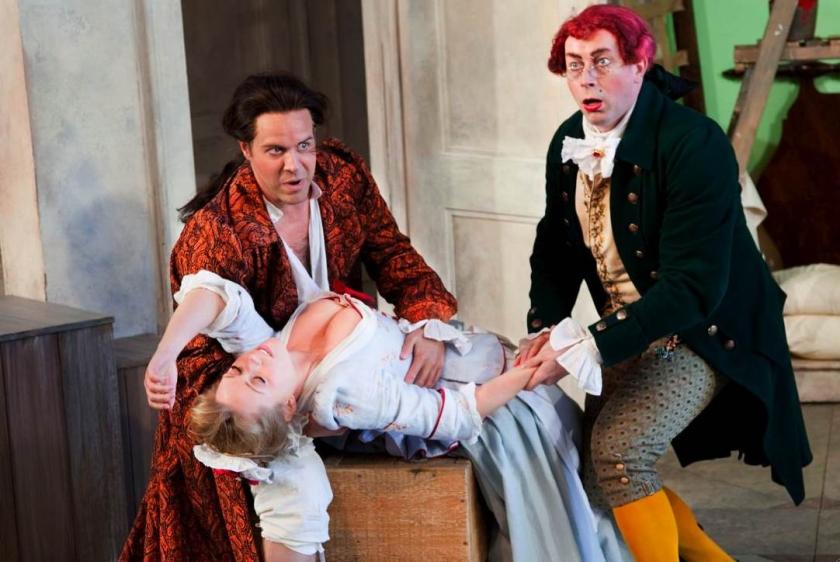



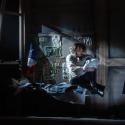
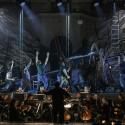
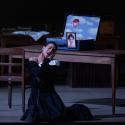
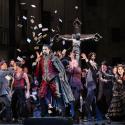

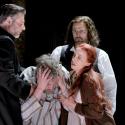
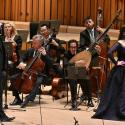
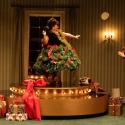
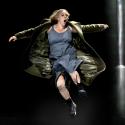
Comments
Add comment